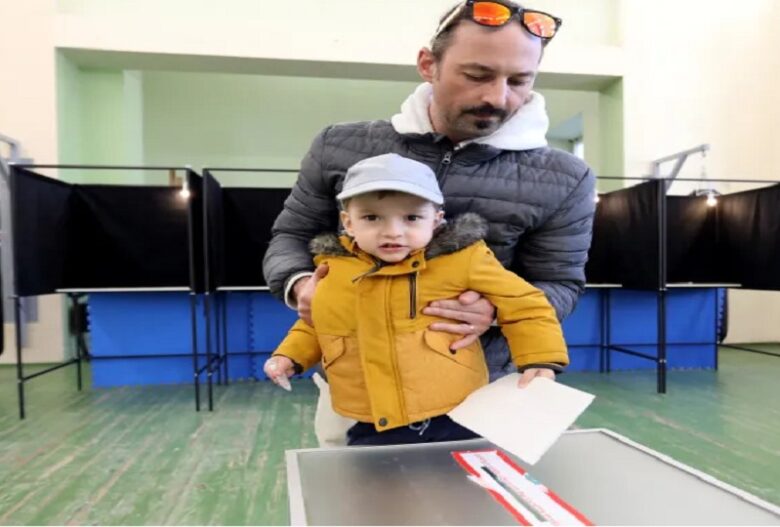A large number of Lithuania’s nearly 2.4 million registered voters are voting on Sunday to elect the next president for a five-year term, as well as a referendum on whether people can have multiple nationalities.
Security concerns dominate presidential election votes, with all of the major candidates agreeing that the Baltic country should increase spending on defence.
Candidates pushed similar narratives throughout their campaigns, claiming that Lithuania and other Baltic states could be Moscow’s next targets.
In Lithuania’s presidential election, incumbent President Gitanas Nauseda leads as the front-runner, supported by his moderate conservative stance and strong backing of Ukraine in its conflict with Russia.
However, with eight candidates in the race, it’s unlikely any will secure the required 50% of votes, leading to a runoff in two weeks.
Nauseda faces competition from populist lawyer Ignas Vegele and incumbent Prime Minister Ingrida Simonyte.
Simonyte, a former finance minister, lost the 2019 presidential election to Nauseda, but she became prime minister in 2020.
Populist politician Vegele gained popularity during the COVID-19 pandemic by criticising the government’s lockdown and vaccination policies.
According to a recent Delfi/Spinter Tyrimai poll, Nauseda has 29% of voters’ support, with his strongest challenger Simonyte receiving 14%.
The Lithuanian president’s primary responsibilities include overseeing foreign and security policies and serving as supreme commander of the armed forces.
Polls close at 8 p.m. local time (1700GMT), with results expected after midnight. If no candidate receives more than 50% of the vote, a runoff election is likely to be held on May 26.
YOU MAY ALSO READ: Nigeria to receive fresh $2.25bn loan from World Bank loan









Got a Question?
Find us on Socials or Contact us and we’ll get back to you as soon as possible.